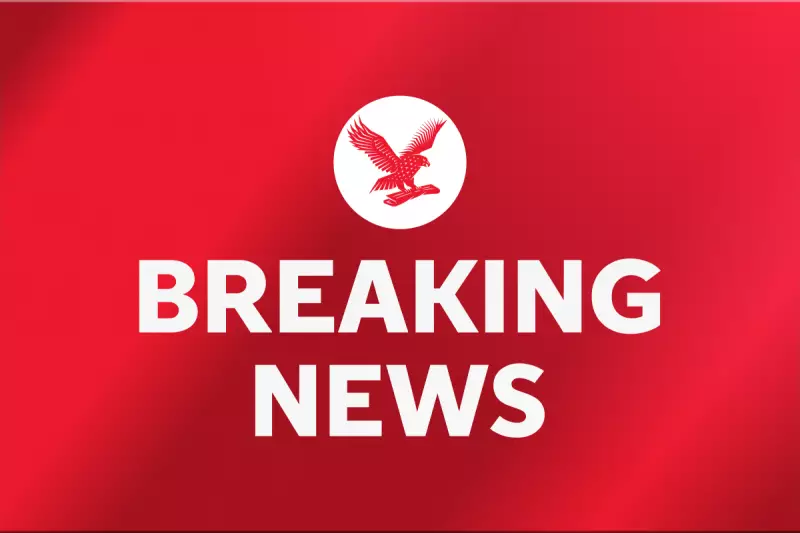
Former US President Donald Trump has made the extraordinary claim that he could end the devastating war in Ukraine within a single day if returned to the White House. The controversial statement has sparked both scepticism and renewed discussion about his potential nomination for the Nobel Peace Prize.
During a recent campaign rally, the Republican frontrunner stated unequivocally that he would bring Russian President Vladimir Putin and Ukrainian President Volodymyr Zelensky to the negotiating table immediately after taking office. "I will have that war settled in one day, 24 hours," Trump declared to his supporters.
The Mechanics of Trump's Proposed Deal
While light on specific details, Trump's proposal appears to hinge on his self-proclaimed strong relationships with both conflicting parties. His approach suggests leveraging what he describes as a productive rapport with Putin, combined with pressure on Ukraine to make significant concessions.
Political analysts remain deeply divided on the feasibility of such a rapid resolution. Supporters point to Trump's unconventional diplomatic methods during his presidency, while critics warn that any agreement favouring Russian interests could legitimise military aggression against sovereign nations.
Nobel Peace Prize Controversy Revisited
This isn't the first time Trump has floated the idea of receiving the prestigious Nobel Peace Prize. His latest comments have reignited discussions among his political allies about formally nominating him for the award should he successfully broker peace in Eastern Europe.
The notion has been met with sharp criticism from foreign policy experts who argue that rewarding such diplomacy could set dangerous precedents in international relations.
Broader Implications for Global Security
Trump's statements come at a critical juncture in the conflict, with Western support for Ukraine showing signs of strain and concerns growing about prolonged hostilities. His potential return to power could signal a significant shift in American foreign policy, potentially moving toward a more isolationist stance.
European leaders are watching developments closely, aware that a Trump presidency might fundamentally alter NATO dynamics and the Western response to Russian aggression.
As the 2024 election campaign intensifies, Trump's bold promises regarding international conflicts are likely to remain a central feature of his political platform, drawing both fervent support and vehement criticism from across the political spectrum.





